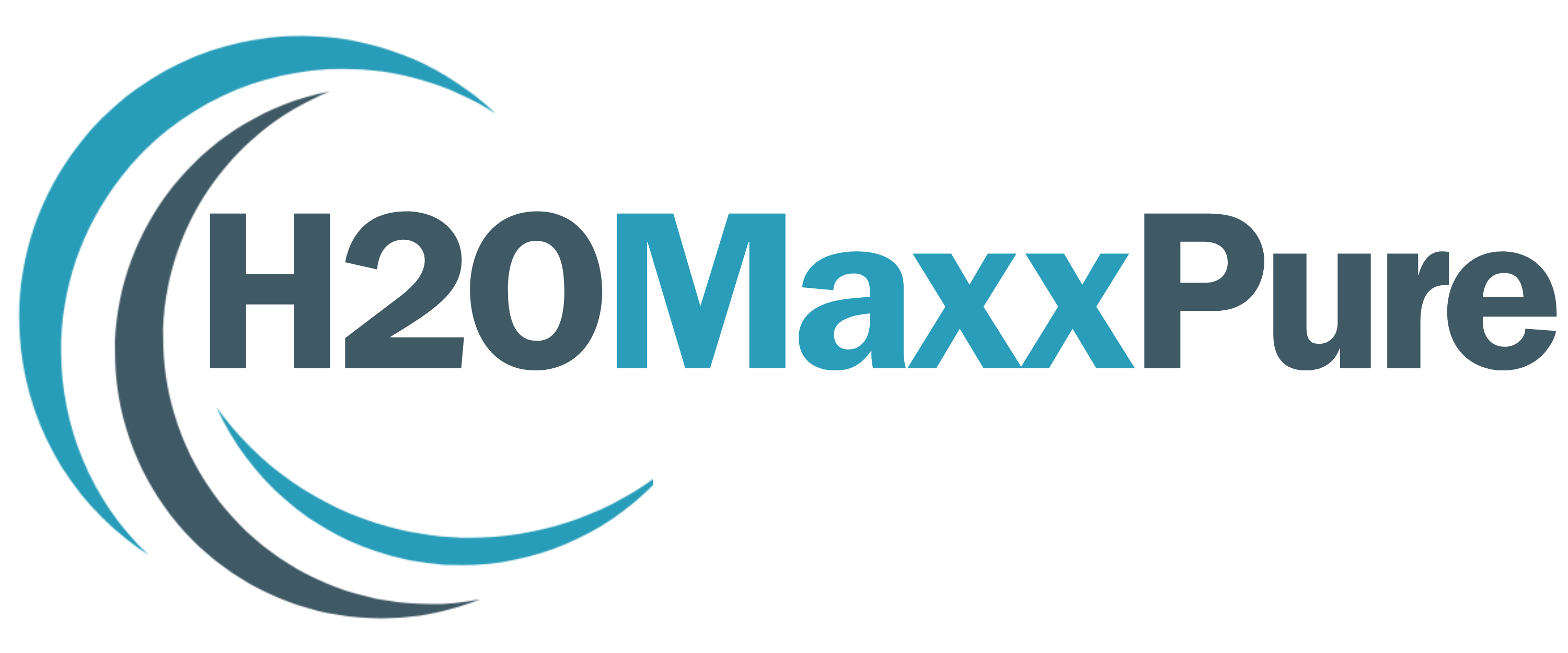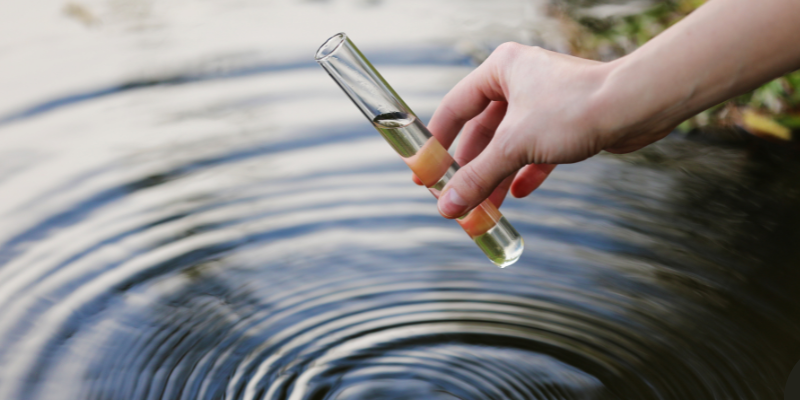Hard water in Miami is a common issue that many residents in Dade County face daily.
Table of Contents
ToggleFrom its impact on household appliances to personal care routines, the effects of hard water can be far-reaching.
In this blog post, we will explore the implications of hard water, including its effects on your family’s health, appliances, plumbing, and last but not least, your finances.
We will also discuss potential solutions and treatments for managing hard water in your home.
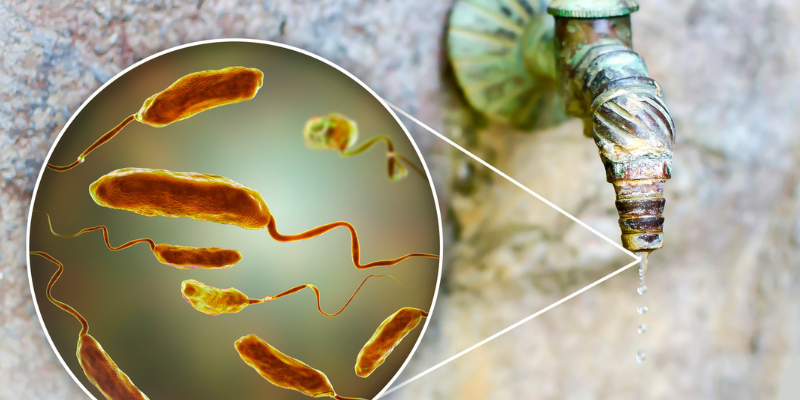
Understanding Hard Water and Its Prevalence in Miami
Hard water, rich in minerals like calcium and magnesium, is notably prevalent in Miami due to the region’s specific geological features.
The foundation of Miami’s landmass largely consists of limestone, a type of sedimentary rock that naturally dissolves into the groundwater, enriching it with these minerals.
This natural process is the primary reason behind the city’s hard water issue.
The presence of hard water in Miami is not a sporadic occurrence but rather a widespread condition affecting numerous households and businesses.
The limestone bedrock acts as a natural filter, but instead of removing minerals, it contributes to the water’s hardness.
This has significant implications for residents, as the elevated mineral content directly impacts everything from daily water usage to the longevity of plumbing systems and appliances.
It is important for Miami’s inhabitants to understand the origin of hard water in their area as it influences the strategies they might adopt for mitigation.
The geological composition, while providing a natural and plentiful water supply, also presents unique challenges that require specific solutions.
Recognizing the pervasive nature of hard water in Miami due to its limestone-rich ground can help residents better prepare and address the various issues associated with water hardness.
This knowledge is crucial for effective water management and for maintaining the quality of life in the region.
The Effects of Hard Water on Household Appliances
The toll hard water takes on Miami’s household appliances is an issue of both functionality and finance.
Appliances that interact with water regularly, like dishwashers and washing machines, are particularly vulnerable.
As these appliances operate, the minerals present in hard water accumulate within their systems.
This accumulation is not merely a surface problem; it affects internal components, leading to inefficiencies that can drastically shorten the lifespan of these costly household necessities.
Over time, the mineral buildup requires more than just superficial cleaning.
For instance, heating elements within water heaters become coated with a layer of mineral scale, forcing them to work harder to heat the same amount of water.
This not only leads to increased energy use but can also precipitate premature failure of the appliance, necessitating expensive repairs or replacements.
Similarly, in dishwashers and washing machines, the mineral deposits can clog jets and filters, impairing water flow and reducing the effectiveness of cleaning cycles.
The challenge does not stop with malfunctioning equipment.
The efficiency of these appliances also diminishes, manifesting as higher energy bills and sub-optimal performance.
For example, clothes and dishes may not emerge as clean as expected due to the inhibited mixing of water and detergent.
This necessitates additional cycles or increased detergent use, further escalating costs.
Acknowledging and addressing the effects of hard water in Miami, on household appliances through regular maintenance, descaling, and considering water-softening solutions is crucial for Miami residents to safeguard their investments and ensure the longevity and efficiency of their home appliances.
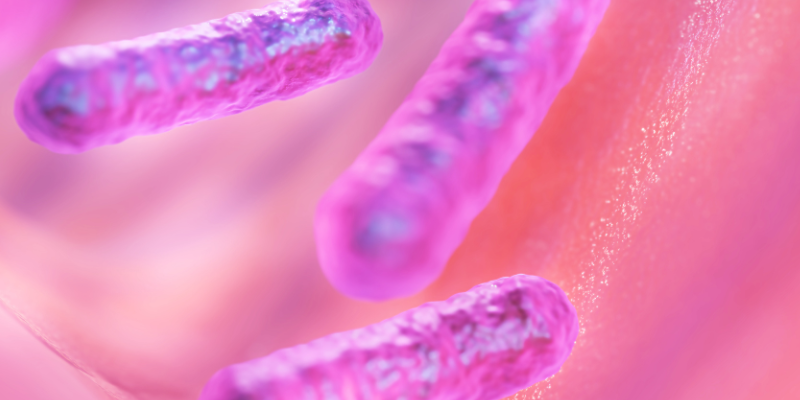
Hard Water in Miami: What’s The Impact on Plumbing and Water Heating?
Hard water poses significant challenges to both plumbing systems and the efficiency of water heaters in Miami homes.
As water flows through the plumbing, minerals from the hard water begin to deposit along the interior surfaces of pipes and within the components of water heaters.
Over time, these mineral deposits, commonly referred to as scale, can accumulate to a point where they noticeably restrict water flow.
This restriction not only leads to a decrease in water pressure but also forces water heaters to expend more energy to deliver hot water, thereby reducing their efficiency and increasing operational costs.
Moreover, scale buildup within the pipes can become a breeding ground for bacteria, further complicating the issue.
In water heaters, the presence of scale means that more energy is required to transfer heat to the water, making the system work harder than it needs to.
This not only shortens the lifespan of the water heater but also results in higher energy bills due to the decreased efficiency of the heating process.
The additional strain put on these systems by hard water in Miami can lead to more frequent repairs and, ultimately, the premature need for replacement.
Addressing the mineral buildup caused by hard water early on can prevent these problems, ensuring that plumbing and water heating systems operate effectively and continue to serve Miami homes without unnecessary additional costs or disruptions.
Skin and Hair: The Personal Care Side of Hard Water
Beyond the more visible impact on household appliances and plumbing, hard water in Miami extends its reach into the realm of personal care, affecting both skin and hair health.
The elevated mineral content, particularly calcium and magnesium, found in the city’s water supply can interfere with the natural balance of your skin and hair.
After washing, a residue from these minerals can cling to the skin and hair strands, stripping away natural oils.
This leads to a cycle of dryness and irritation for the skin, which can aggravate conditions such as eczema or dermatitis.
For hair, the aftermath of hard water exposure often manifests as dullness, a lackluster appearance, and a stiff, straw-like texture.
Furthermore, this mineral residue can disrupt the effectiveness of soaps and shampoos, preventing them from lathering properly, which compounds the difficulty of thoroughly cleansing the skin and hair.
Individuals might notice that despite their best efforts with high-quality skincare and haircare products, results are unsatisfactory due to the hard water barrier.
It’s this unseen challenge that prompts many Miami residents to seek out specialized water filtration systems designed for personal care.
These systems aim to reduce the mineral content in the water, thereby mitigating the adverse effects on skin and hair, and restoring the effectiveness of personal care products.
Embracing such solutions can significantly enhance the quality of daily personal care routines, bringing relief and restoring balance to those affected by hard water in Miami.
Navigating Laundry Challenges with Hard Water
Dealing with laundry in Miami’s hard water requires specific strategies to overcome the mineral-induced hurdles.
The presence of calcium and magnesium, while beneficial in dietary contexts, complicates the laundry process by hindering detergent efficacy.
This mineral interference results in detergents struggling to dissolve and create the necessary lather for cleaning fabrics effectively.
Consequently, residents may notice their laundry appears dull, colors seem faded, and fabrics feel harsh to the touch after washing.
Additionally, the hard water can cause an accumulation of mineral deposits on clothing, further exacerbating wear and diminishing fabric quality over time.
To combat these challenges, it is advisable to use liquid detergents, which tend to perform better in hard water conditions compared to powders.
An alternative solution involves incorporating water conditioning agents into the wash cycle.
These agents work by binding to the minerals in hard water, thereby reducing their ability to interfere with the detergent’s cleaning power.
Adjusting laundry routines, such as using extra rinse cycles, can also help in removing any residual minerals and detergent from fabrics, ensuring clothes come out cleaner and feel softer.
Implementing these targeted strategies can significantly alleviate the laundry challenges posed by Miami’s hard water, leading to fresher, cleaner, and more comfortable clothing.
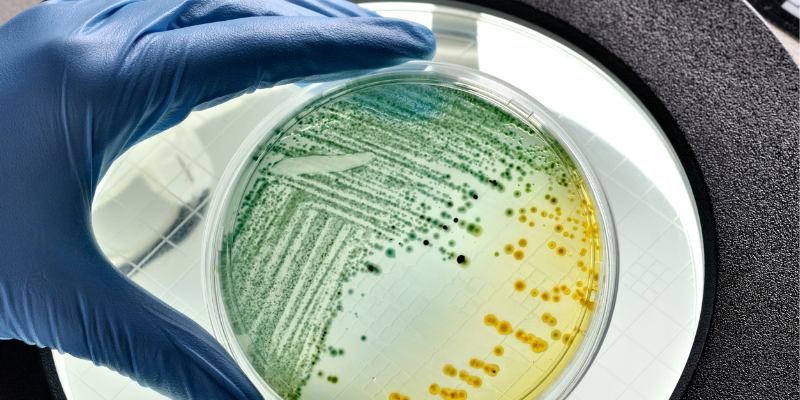
The Taste and Safety of Drinking Hard Water in Miami
In Miami, where hard water is a daily reality, residents may notice a distinct taste when consuming tap water.
This characteristic flavor is primarily due to the higher concentrations of minerals such as calcium and magnesium.
While unusual to some palates, these minerals do not pose a health risk; in fact, they contribute to the dietary intake of these essential nutrients.
Despite its safety for consumption, the unique taste profile of hard water can lead some individuals to seek alternative sources of drinking water, such as filtration systems that remove some of the mineral content.
It’s worth noting, however, that these systems, while adjusting taste preferences, also strip water of its naturally occurring minerals.
For those concerned about taste but wishing to retain the health benefits, options like carbon filters may improve taste without significantly reducing mineral content.
Understanding the balance between taste preferences and nutritional benefits is key for Miami residents navigating the complexities of hard water consumption.
Solutions and Treatments for Hard Water
For those grappling with the challenges of hard water in Miami, a range of effective solutions and treatments are available to alleviate the myriad issues it presents.
Among the most effective methods for addressing hard water at its source is the installation of a water-softening system.
These systems operate by exchanging minerals like calcium and magnesium, which are responsible for water hardness, with sodium or potassium ions, thus significantly reducing the water’s mineral content and its associated negative effects on household appliances, plumbing, and personal care routines.
Another viable option for homeowners is the adoption of reverse osmosis (RO) systems.
RO systems work by forcing water through a semipermeable membrane, effectively removing a vast array of impurities, including the minerals that cause water hardness.
This method is particularly useful for improving the quality of drinking water, though it may be more costly and require more maintenance than other solutions.
Magnetic water descalers offer a no-chemical, maintenance-free alternative to traditional water softening systems.
These devices attach to the outside of pipes and use magnetic fields to alter the electromagnetic properties of calcium and magnesium ions, preventing them from forming scale.
While not removing the minerals from the hard water, this method can mitigate the build-up in pipes and appliances, extending their lifespan and efficiency.
A whole-house water filtration system is ideal for small and medium homes.
Lastly, adopting simple household practices, such as using vinegar solutions for cleaning appliances and fixtures, can help manage the buildup of scale and extend the life of your home’s infrastructure.
While each solution has its own set of advantages and considerations, combining multiple strategies may offer the most comprehensive approach to managing hard water in Miami homes.
The Economic Implications of Hard Water for Miami Residents
The financial burden of hard water in Miami extends beyond the immediate expense of appliance repairs and replacements.
Residents face an insidious increase in household running costs, primarily due to escalated energy bills as water heaters and other appliances lose efficiency due to scale buildup.
These additional expenses compound over time, subtly inflating monthly budgets. Furthermore, the cost of implementing water treatment systems or purchasing bottled water for drinking adds to the economic strain.
While the upfront investment in a water softening system might seem substantial, it is a strategic move to circumvent the continuous drain on resources caused by hard water.
This decision reflects a long-term saving approach, contrasting with the recurrent costs associated with untreated hard water.
In essence, Miami’s residents must navigate these financial implications, weighing immediate expenses against future savings and efficiency gains in their battle against hard water.
Future Prospects: Hard Water Management in Miami
The landscape of hard water management in Miami is evolving, with new technologies and community initiatives at the forefront of this change.
Innovations in water softening and filtration systems are becoming more accessible and efficient, offering Miami residents practical options for mitigating the impacts of hard water in their homes.
There’s a growing awareness of the importance of addressing this issue, not just for the longevity of household appliances and plumbing but also for enhancing personal health and comfort.
Emerging technologies for home water purification, such as more advanced magnetic and electronic descalers, provide non-invasive solutions, minimizing the environmental footprint of traditional water softening methods.
Additionally, local government and environmental groups are increasingly involved in educating the public about water quality and promoting programs that support the adoption of home water treatment solutions.
This collective effort signifies a positive shift towards a future where hard water’s challenges are met with effective and sustainable management strategies, improving the quality of life for all Miami residents.
